Partners
WCEF2023 is co-hosted by Nordic Innovation and the Finnish Innovation Fund Sitra, with international partners. The World Circular Economy Forum (WCEF) is Sitra’s global initiative that examines how businesses can gain a competitive advantage through a circular economy and how the circular economy contributes to achieving the UN Sustainable Development Goals.
Read more about who is collaborating with us to create the circular economy event of the year. All partners are listed below in alphabetical order. The partners (funding partners in bold) include Aalto University, ASEAN Youth Organization, Circle Economy, Ellen MacArthur Foundation, European Forest Institute, European Environment Agency, European Investment Bank, Generation Climate Europe, Geological Survey of Finland, the Global Alliance on Circular Economy and Resource Efficiency, Global Youth Biodiversity Network, Green Building Council Finland, Government of the Netherlands, Government of Finland, Hydrogen Cluster Finland, Platform for Accelerating the Circular Economy, ReGeneration 2030, United Nations Environment Programme, United Nations Industrial Development Organization, World Business Council for Sustainable Development and the World Economic Forum.
WCEF2023 organisers

Aalto University
Aalto University(open in new window) is a multidisciplinary community of bold thinkers, where science and art meet technology and business. We are shaping a sustainable future through research-based knowledge, creativity and an entrepreneurial mindset. Our university community of nearly 20,000 people is committed to identifying and solving grand societal challenges and building an innovative future. Aalto is the first Finnish university to sign the Universities’ global Sustainable Development Goals Accord(open in new window), and we are implementing the SDGs in all of our activities. Our goal is a carbon-neutral campus by 2030. Aalto University has six schools and our campus is located in Espoo, Finland.
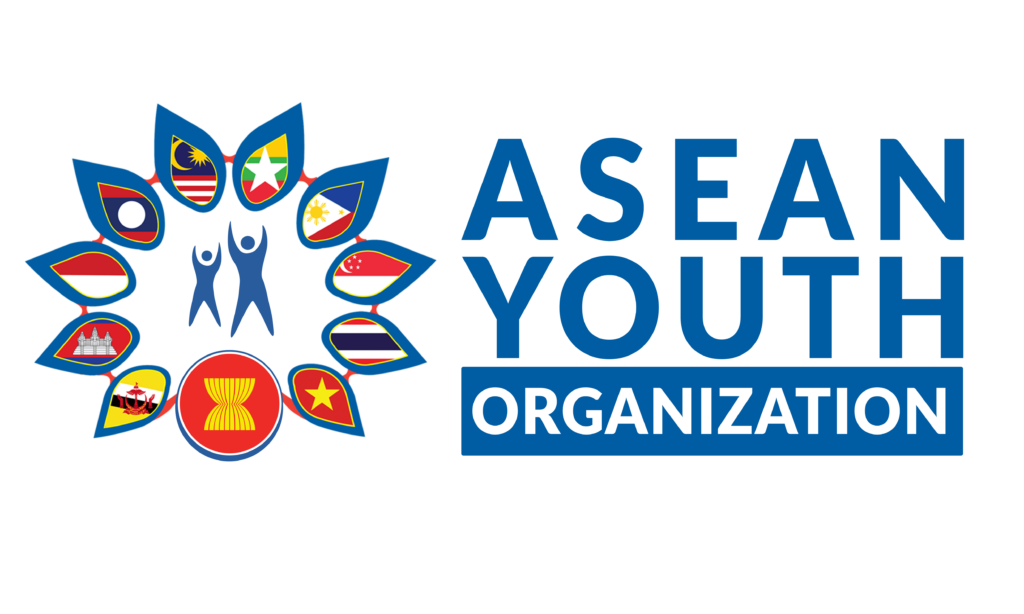
ASEAN Youth Organization
ASEAN Youth Organization (open in new window)is an international non-partisan, non-profit, and non-governmental organisation established to promote international understanding and goodwill. Our vision is to create a world where youths exhibit a heightened interest in the Association of Southeast Asia Nations (ASEAN) through our activities that empower youth, engage and educate communities to implement ideas that enable positive sustainable change. With 10 years of experience in community development, ASEAN Youth Organization provides young people with knowledge, skills and abilities to give back to their communities, as well as boosting regional development by fostering partnerships with various stakeholders.

Circle Economy
Circle Economy(open in new window) is a global impact organisation with an international team of passionate experts based in Amsterdam. We empower businesses, cities and nations with practical and scalable solutions to put the circular economy into action. Our vision is an economic system that ensures the planet and all people can thrive.
Ellen MacArthur Foundation
The Ellen MacArthur Foundation(open in new window) is an international charity that develops and promotes the circular economy to tackle some of the biggest challenges of our time, such as climate change, biodiversity loss, waste and pollution. We work with our network of private and public sector decision-makers, as well as academia, to build capacity, explore collaborative opportunities, and design and develop circular economy initiatives and solutions. Increasingly based on renewable energy, a circular economy is driven by design to eliminate waste, circulate products and materials, and regenerate nature, to create resilience and prosperity for business, the environment and society.

European Environment Agency
The European Environment Agency(open in new window) (EEA) is an agency of the European Union, whose task is to provide sound, independent information on the environment. The EEA aims to support sustainable development by helping to achieve significant and measurable improvement in Europe’s environment, through the provision of timely, targeted, relevant and reliable information to policymaking agents and the public.

European Forest Institute
The European Forest Institute(open in new window) (EFI) is an international organisation established by European states. We conduct research and provide policy support on forest-related issues, connecting knowledge to action.
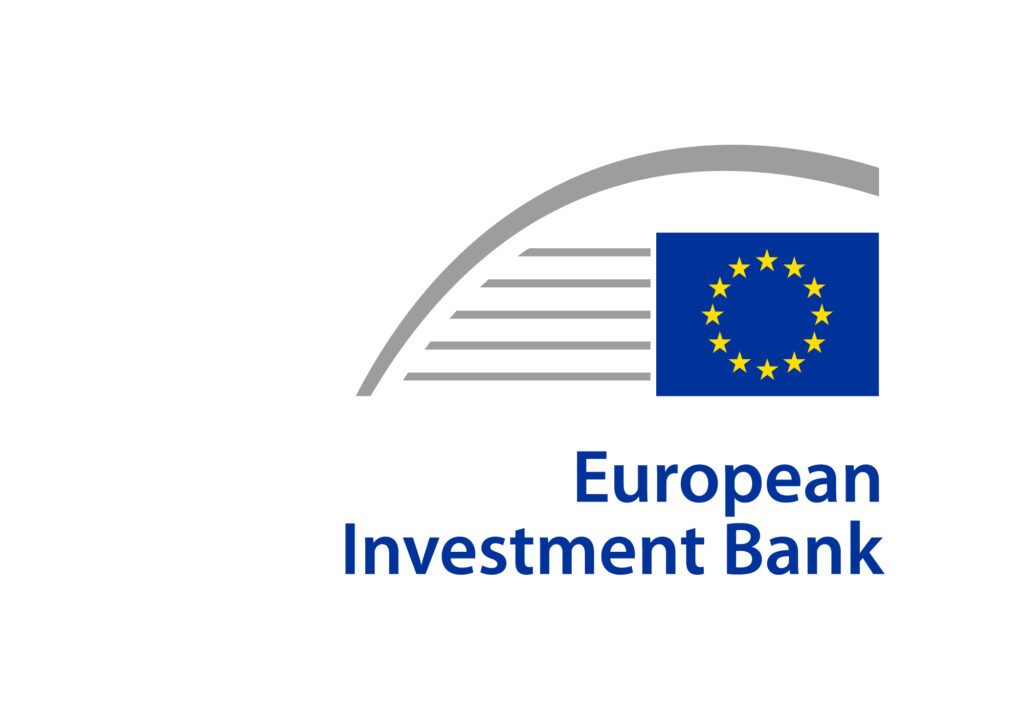
European Investment Bank
The European Investment Bank(open in new window) (EIB) is the long-term lending institution of the European Union owned by its Member States. It provides long-term capital and advisory support for sound investments that contribute towards EU policy goals. From 2018 to 2022, the EIB provided €3.4 billion to co-finance 118 circular economy projects(open in new window) in a variety of sectors and stands ready to do more to help meet the lending needs of the circular economy transition. By launching its Climate Bank Roadmap(download PDF), the EIB has committed to align all its new operations with the goals and principles of the Paris Agreement and to support €1 trillion of climate action and environmental sustainability investments in the decade to 2030.
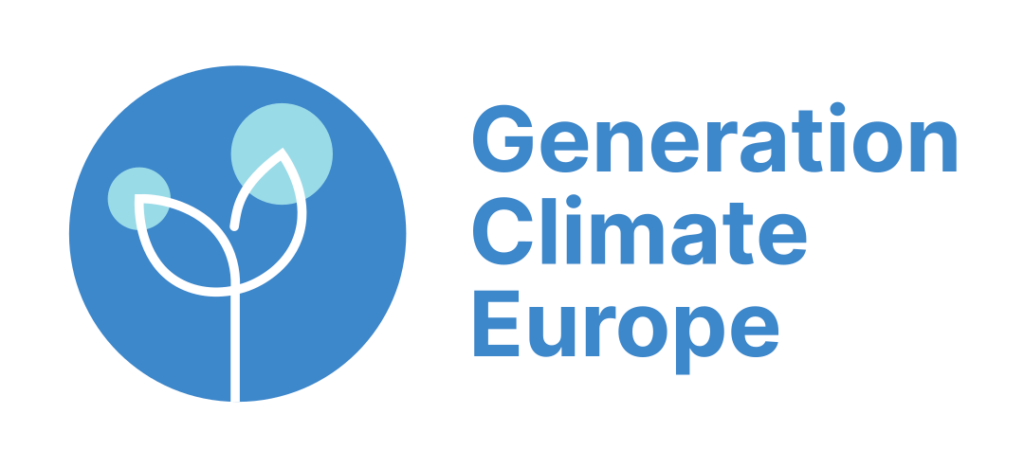
Generation Climate Europe (GCE)
Generation Climate Europe (GCE(open in new window) is the largest coalition of youth-led networks on climate and environmental issues at the European level. GCE unites the largest youth-led networks in Europe, bringing together 381 national organisations across 46 countries. We are guided by the voices of over 20 million young Europeans.

Geological Survey of Finland
The Geological Survey of Finland(open in new window) (GTK) produces impartial research and services in support of decision-making in industry, academia and wider society to accelerate the transition to a sustainable and carbon-neutral world. We employ more than 400 experts specialising in the mineral economy, the circular economy, solutions related to energy, water and the environment, as well as digital solutions. GTK is a research institution founded in 1885 and governed by the Ministry of Economic Affairs and Employment. We operate in Finland and globally.

Global Alliance on Circular Economy and Resource Efficiency
The Global Alliance on Circular Economy and Resource Efficiency(open in new window) (GACERE) is an alliance of governments willing to work together on and advocate for a global just circular economy transition and more sustainable management of natural resources at the political level and in multilateral fora. Bringing together governments and relevant networks and organisations, GACERE aims to provide the global impetus for initiatives related to the circular economy transition, resource efficiency and sustainable consumption and production, building on efforts being deployed internationally.
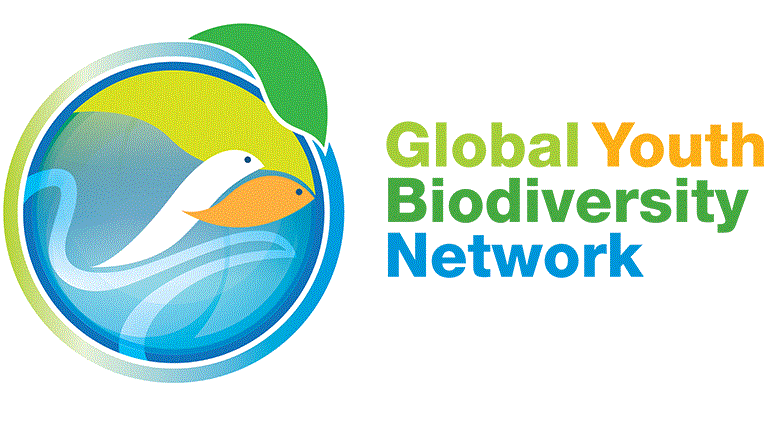
Global Youth Biodiversity Network
Global Youth Biodiversity Network(open in new window), recognised and supported by the Convention on Biological Diversity (CBD) Secretariat, represents the voice of global youth in the negotiations under the CBD. They raise awareness among young people of the values of biodiversity and connect individuals and youth organisations in order to build a global coalition to halt the loss of biodiversity. The network is coordinated by an international steering committee and is entirely run by young people for young people.
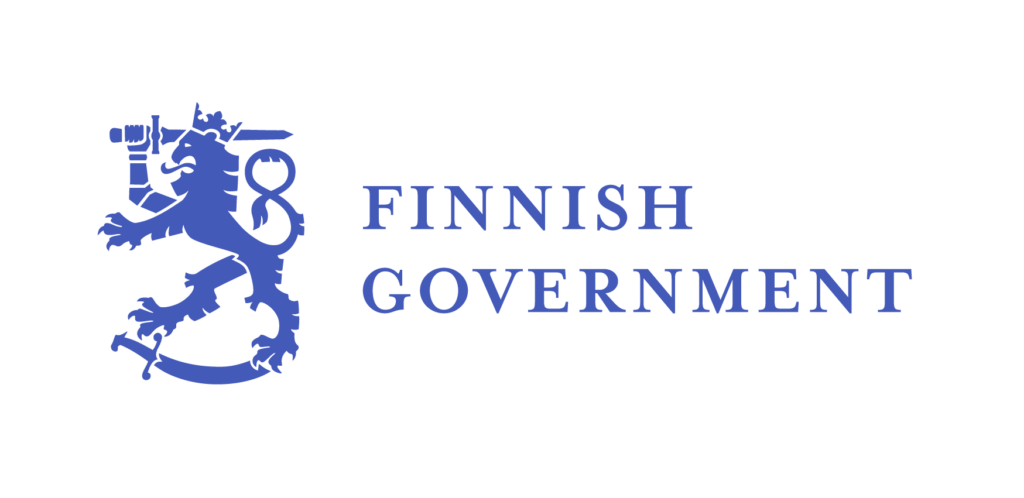
Government of Finland
The Finnish Government(open in new window) is a committed supporter of WCEF and a circular economy pioneer. Finland was the first country in the world to publish a circular economy road map and has a strategic programme to be circular and carbon-neutral by 2035. Finland aims to curb the overconsumption of natural resources. We also provide education for all free of charge, including circular economy training. Finland is proud to host the WCEF2023 in Helsinki and is looking forward to showcasing sustainable solutions to global challenges, high competence in the bio-based economy and digital solutions for circular economy.
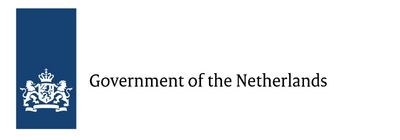
Government of the Netherlands
The Government of the Netherlands(open in new window) is a proud partner of the World Circular Economy Forum. Circular economy is a key instrument to address the planetary crises of climate, biodiversity and pollution. The Netherlands has set the target of achieving a fully circular economy by 2050. A circular economy is only achievable if we work together, and only if the private sector and public authorities join forces. The Netherlands sees the WCEF as a vital platform that brings together governments, business and knowledge partners globally to streamline our common direction towards circularity as well as to share best practices and showcase the latest circular innovations.

Green Building Council Finland
Green Building Council Finland(open in new window) (FIGBC) is a non-profit organisation and member of the World Green Building Council. FIGBC aims for the built environment to be a central part of solving climate change. The effect of our actions comprises of inclusive co-operation and the views of our experts and international network.

Hydrogen Cluster Finland
Hydrogen Cluster Finland(open in new window) is a network of companies and industrial associations that facilitates sharing of information, collaboration and joint ventures, and development of a business perspective to promote the hydrogen economy, create business opportunities and support the transformation towards climate neutrality. We welcome dialogue and collaboration with companies, clusters and platforms active in the hydrogen economy to create sustainable innovation and business opportunities in Finland, Europe and around the globe. With one of the cleanest national energy mixes, rapidly increasing share of renewable energy, abundant water resources and high-level technological readiness of the industry, Finnish forerunners are well positioned to benefit Europe and the world.
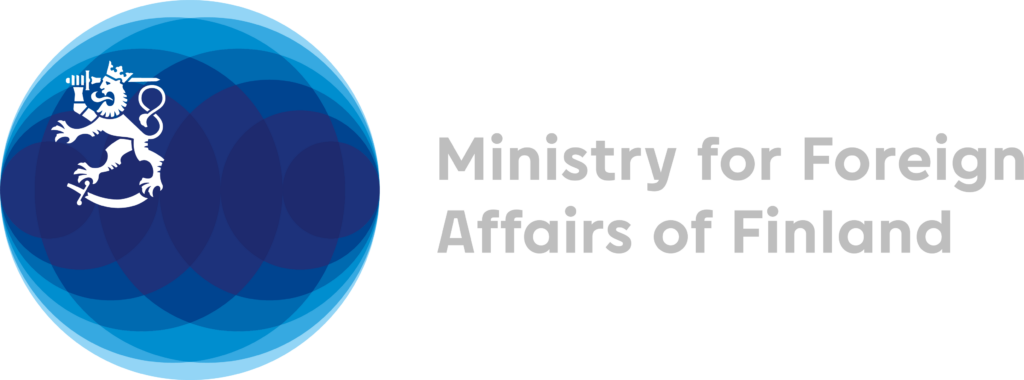
Ministry for Foreign Affairs of Finland
In international co-operation Finland and the Ministry for Foreign Affairs(open in new window) promote the transition towards a carbon neutral, resource efficient circular economy in various policy areas and fora.
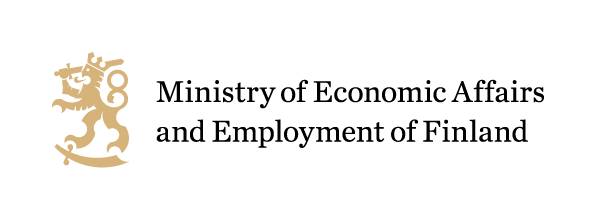
Ministry of Economic Affairs and Employment of Finland
The Ministry of Economic Affairs and Employment(open in new window) creates the conditions for economically, socially and ecologically sustainable growth from skilled people in high-quality jobs, productivity growth and increasing employment.
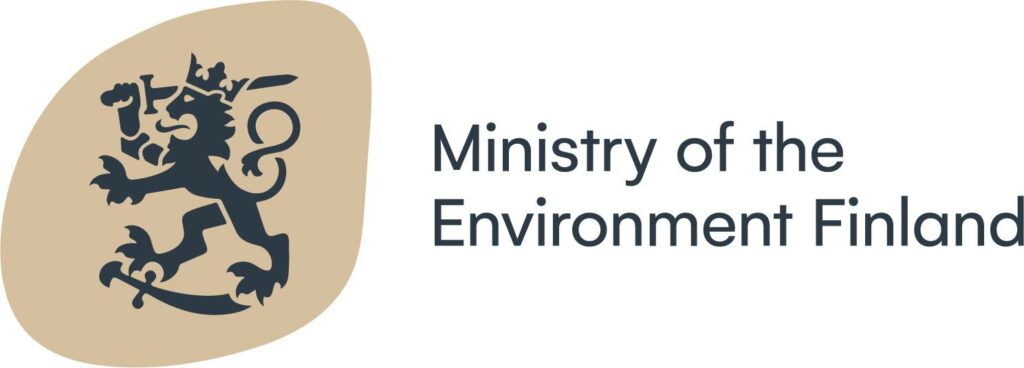
Ministry of the Environment of Finland
At the Ministry of the Environment(open in new window), we work for a better environment to live in for future generations by making sure that, besides economic factors, environmental considerations are at the heart of all social decision-making. We are responsible for legislative and policy preparation for the Government and Parliament concerning communities, climate issues, built environment, housing, biodiversity and sustainable use of natural resources and environmental protection.

Nordic Innovation
Nordic Innovation(open in new window) is an organisation under the Nordic Council of Ministers that aims to make the Nordics a pioneering region for sustainable growth through entrepreneurship, innovation and competitiveness in Nordic businesses. Nordic Innovation works towards the vision that the Nordic region will become the most sustainable and integrated region in the world in 2030. From 2021–2024, Nordic Innovation works with eight programmes defined by the Nordic ministers for trade and industry, with the purpose to support and develop sustainable solutions, the circular economy, digitalisation and innovation across the Nordic region.
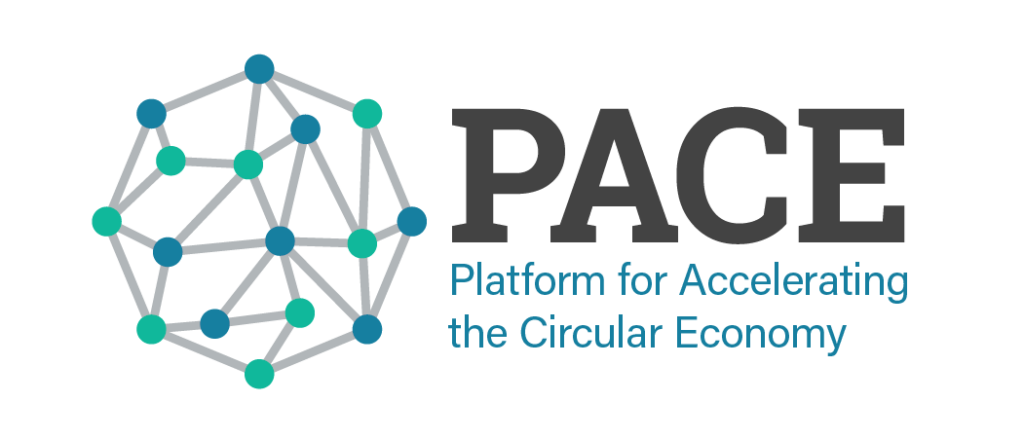
Platform for Accelerating the Circular Economy
Platform for Accelerating the Circular Economy(open in new window) (PACE) is a global collaboration platform for key public and private leaders to share a vision, best practices and overcome challenges to scale the circular economy together. We seek to remain impartial and provide a safe space for people with different perspectives in the circular economy to be able to exchange knowledge and have a constructive dialogue. Our goal is to help double global circularity in the next 10 years, working towards climate-neutral and inclusive economies. PACE was created in 2018 by the World Economic Forum and is now hosted by the World Resources Institute, facilitated by a full-time team in The Hague, Netherlands.

ReGeneration 2030
ReGeneration 2030(open in new window) is a youth movement for sustainability in the Nordic and Baltic Sea region. We bring activists aged 15-30 from across the region together to share knowledge and strategise. We are on a mission to fight climate collapse and build a sustainable future for all.

Sitra, the Finnish Innovation Fund
Sitra(open in new window) is an active fund for the future. It aims to create a fair and sustainable future and work with partners to ensure that Finland can lead the way in the transition to a fair and competitive carbon-neutral circular economy – a new society in which our everyday lives and well-being are no longer based on excessive consumption and fossil fuel use. Sitra was founded in 1967 and is an independent public fund operating directly under the supervision of the Finnish Parliament.

United Nations Environment Programme
The United Nations Environment Programme(open in new window) (UNEP) has since its inception in 1972 been the global authority that sets the environmental agenda, promotes the coherent implementation of the environmental dimension of sustainable development within the UN system and serves as an authoritative advocate for the global environment. UNEP’s mission is to provide leadership and encourage partnership in caring for the environment by inspiring, informing, and enabling nations and peoples to improve their quality of life without compromising that of future generations.

UNIDO
UNIDO(open in new window) is the specialised agency of the United Nations with a unique mandate to promote and accelerate sustainable industrial development. The 2030 Agenda for Sustainable Development is the overarching global framework for our work. UNIDO plays a crucial role in accelerating the achievement of Sustainable Development Goal 9 (industry, innovation and infrastructure), along with all other industry-related goals of the 2030 Agenda. UNIDO provides its support through four mandated functions: technical cooperation, action-oriented research and policy-advisory services, normative standards-related activities, and fostering partnerships for knowledge and technology transfer. UNIDO recognises the role of sustainable industrial development in achieving gender equality and the economic empowerment of women.

World Business Council for Sustainable Development
The World Business Council for Sustainable Development(open in new window) (WBCSD) is the premier global, CEO-led community of over 200 of the world’s leading sustainable businesses working to accelerate the system transformations needed for a net zero, nature-positive and more equitable future. We do this by engaging executives and sustainability leaders from business and elsewhere to share practical insights. Our member companies come from all business sectors and all major economies, representing a combined revenue of more than USD $8.5 trillion and 19 million employees. Together, we are the leading voice of business for sustainability, united by our vision of creating a world in which 9+ billion people are living well, within planetary boundaries, by mid-century.

World Economic Forum
The World Economic Forum(open in new window)’s resource circularity pillar aims to enable a thriving, resilient and sustainable economy through the adoption of circularity at scale. We endeavour for a full circulation of materials and products to improve the state of business, people and planet.